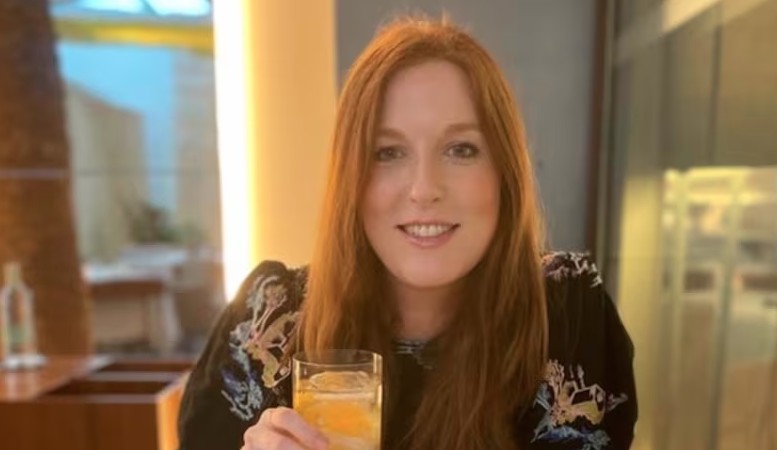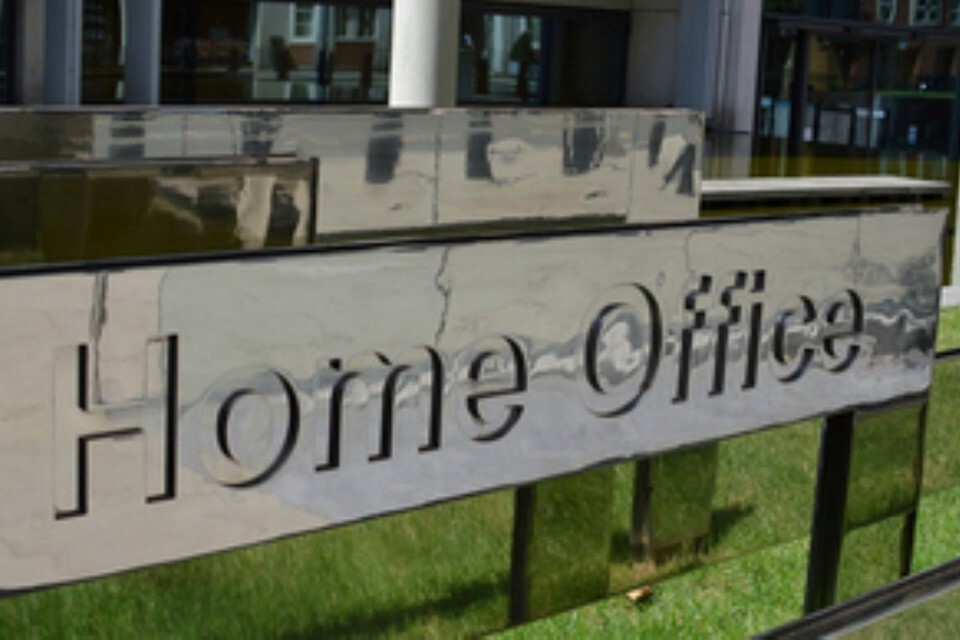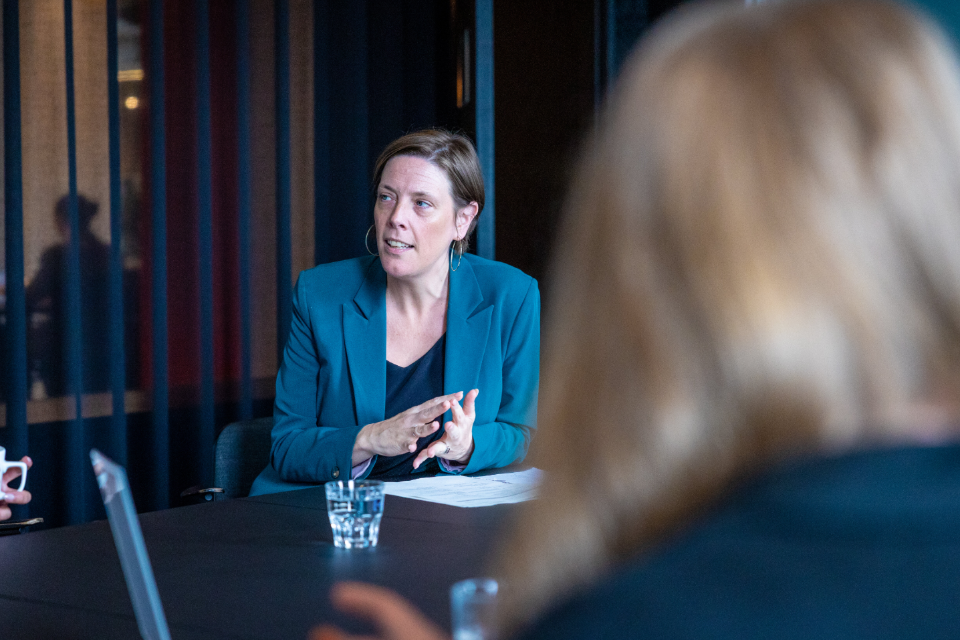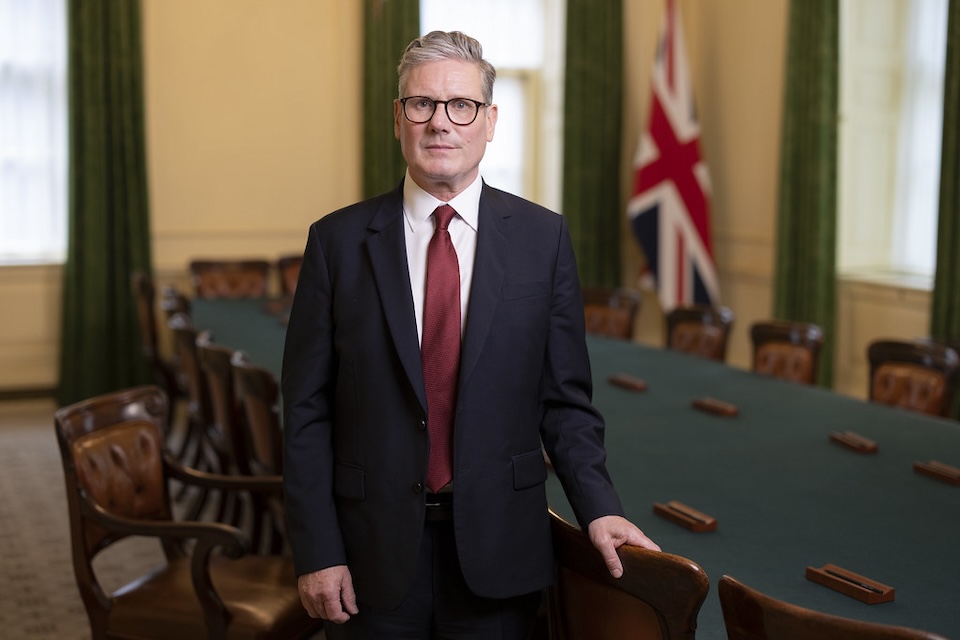What's On
The Prime Minister welcomed the Prime Minister of Sweden Ulf…
Going Out
If there was ever a time to offer out free…
Reviews
Michelle Farrell leads Boxpark’s sales, events, marketing and commercial features,…
Latest Articles
Introduction Every bit of Bang and Olufsen kit sits at a crossroads between gadget and art piece, and…
At a glanceExpert’s Rating Pros Retro design Large and glossy prints Wide range of filters and shooting options…
In an effort make streets safer, the government has set out new recommendations to local authorities, police and…
AltReserve Review Choosing an online broker isn’t something you should rush. With countless options flooding the internet, picking…
The Medicines and Healthcare products Regulatory Agency (MHRA) has approved a low-carbon version of Trixeo Aerosphere, a triple…
The government’s Immigration White Paper, published in Parliament tomorrow, will include the change as the government takes action…
Government confirms 13 new state-of-the-art DEXA scanners to support better bone care Tens of thousands of patients…
Government rolls out NHS programme to boost maternity safety Scheme will help maternity staff rapidly respond to emergencies…
In Spotlight
CanaBit.AI Review With so many brokers entering the online trading…

































